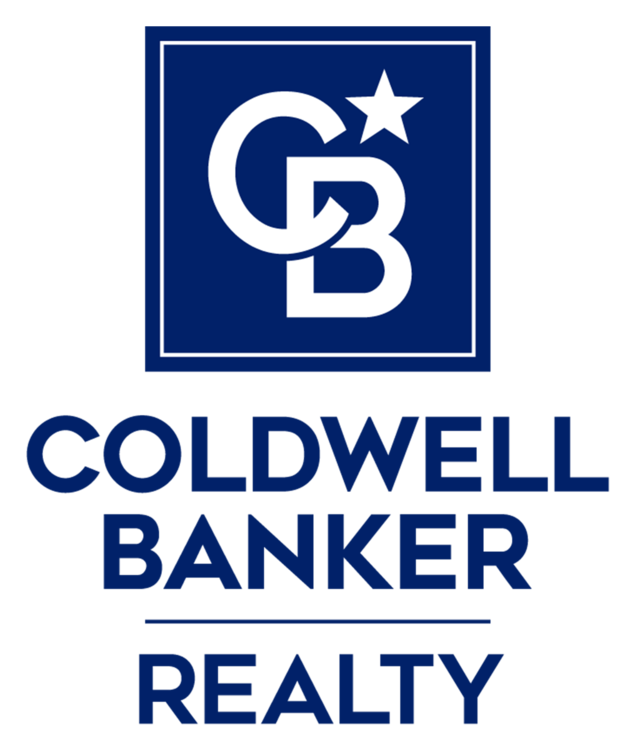 As a first-time or trade-up buyer, you probably have a list of questions. I have tried to answer the most frequently asked questions (FAQ) below. However, if you have others, I am glad to help. Just give me a call at 908-238-0118 or drop me a note at jpeters@jpeters.com and I can help you to navigate through the buying process.
As a first-time or trade-up buyer, you probably have a list of questions. I have tried to answer the most frequently asked questions (FAQ) below. However, if you have others, I am glad to help. Just give me a call at 908-238-0118 or drop me a note at jpeters@jpeters.com and I can help you to navigate through the buying process.
Your credit rating is based on a combined score generated from three credit bureaus that look at your credit history, amount of credit available, and recent inquiries to determine what’s called your FICO score. A smart way to go is to have your Coldwell Banker Associate (or other mortgage professional) check your rating for you and, if appropriate, suggest ways for you to improve your credit.
Generally you should view a number of homes so you can become familiar with what you can expect to get for your money. When you find a home you really like, it’s a good idea to go back and look at it at a different time of day. This will give you greater insight into what it will be like living in the home full time.
If the house doesn’t appraise at the amount expected, other alternatives are typically found. In some situations, a second appraisal may be sought, the buyer may be willing to put more money down, the seller may adjust the price or offer other concessions, or the two sides may negotiate to split the difference between them.
In our area of New Jersey, the real estate agent writes the contract and there is an attorney review period. This specified period allows the attorney to cancel the contract or request it be altered. Both buyer and seller would then have to agree to the revised contract in writing. In the initial days of the attorney review cycle, either party may void the contract without penalty.
Basically, title insurance assures that you have clear title to the home you’re purchasing. A title search is the primary component of “due diligence,” a process that will be started either by your attorney or by the title company you choose. The title search determines whether the seller actually owns the property and if there are any claims against it.
Buyers often choose to pay a one-time charge called mortgage “points” in exchange for a lower interest rate. Usually paid at closing, each “point” costs 1% of the mortgage amount, or $2,000 on a $200,000 loan. The lower rate reduces the monthly mortgage payment, and points paid in conjunction with the purchase of a home are generally tax-deductible in the year they’re paid (see tax advisor). Monthly savings will often exceed what was paid in points in just a few years’ time.

